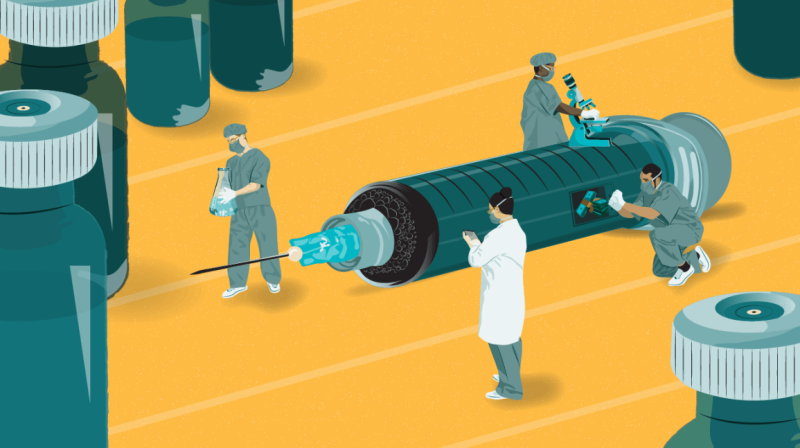So far, every spillover of a pathogen from wildlife to humans — from SARS in 2003 to the H1N1 avian flu in 2009, MERS in 2012, the 2014 Ebola outbreak, Zika in 2016 to COVID-19 — has caught the scientific community off guard.
But what if instead of an eleventh-hour scramble to investigate an unidentified pathogen, there was a network of scientists on call to leap into action?
That’s the goal of a new network launched in August by Anthony Fauci, MD, director of the National Institute of Allergy and Infectious Diseases. Named the Centers for Research in Emerging Infectious Diseases (CREID), it has a team of scientists strategically placed around the world.
Reporting from 10 centers in the US and 28 other countries, scientists are developing diagnostic, therapeutic, and vaccine families that can be targeted and deployed faster the next time a “Pathogen X” unleashes into the world.
[Microbiologist Florian Krammer] has speculated that new vaccines could be developed just 3 weeks after discovering a new virus, and could be used immediately in a phase 3 trial — vaulting past phase 1-2 trials. “Since a correlate of production was determined for a closely related virus, the correlate can be used to measure vaccine efficacy,” he writes.Then, results from the clinical trial could be available close to 3 months later.































